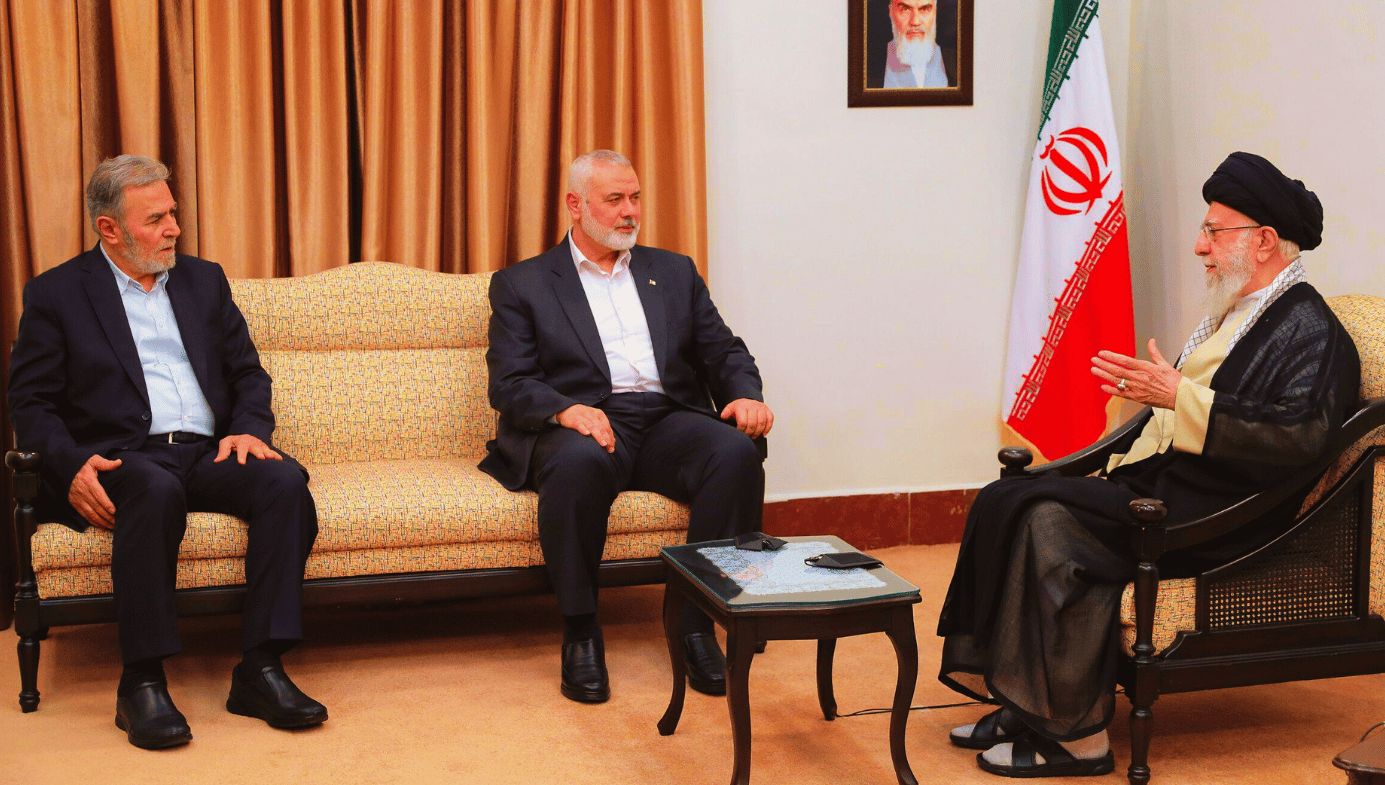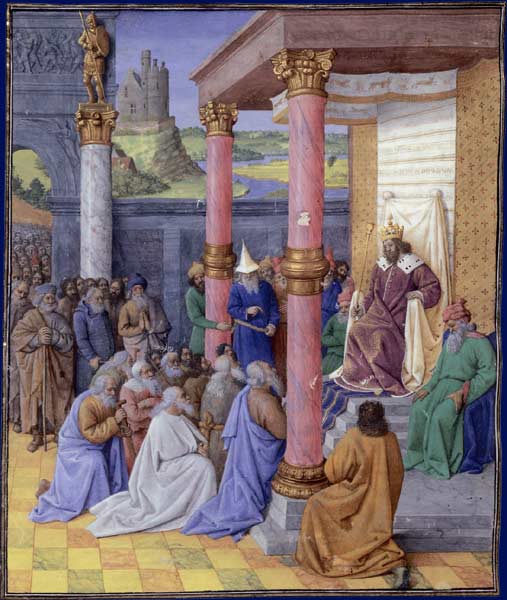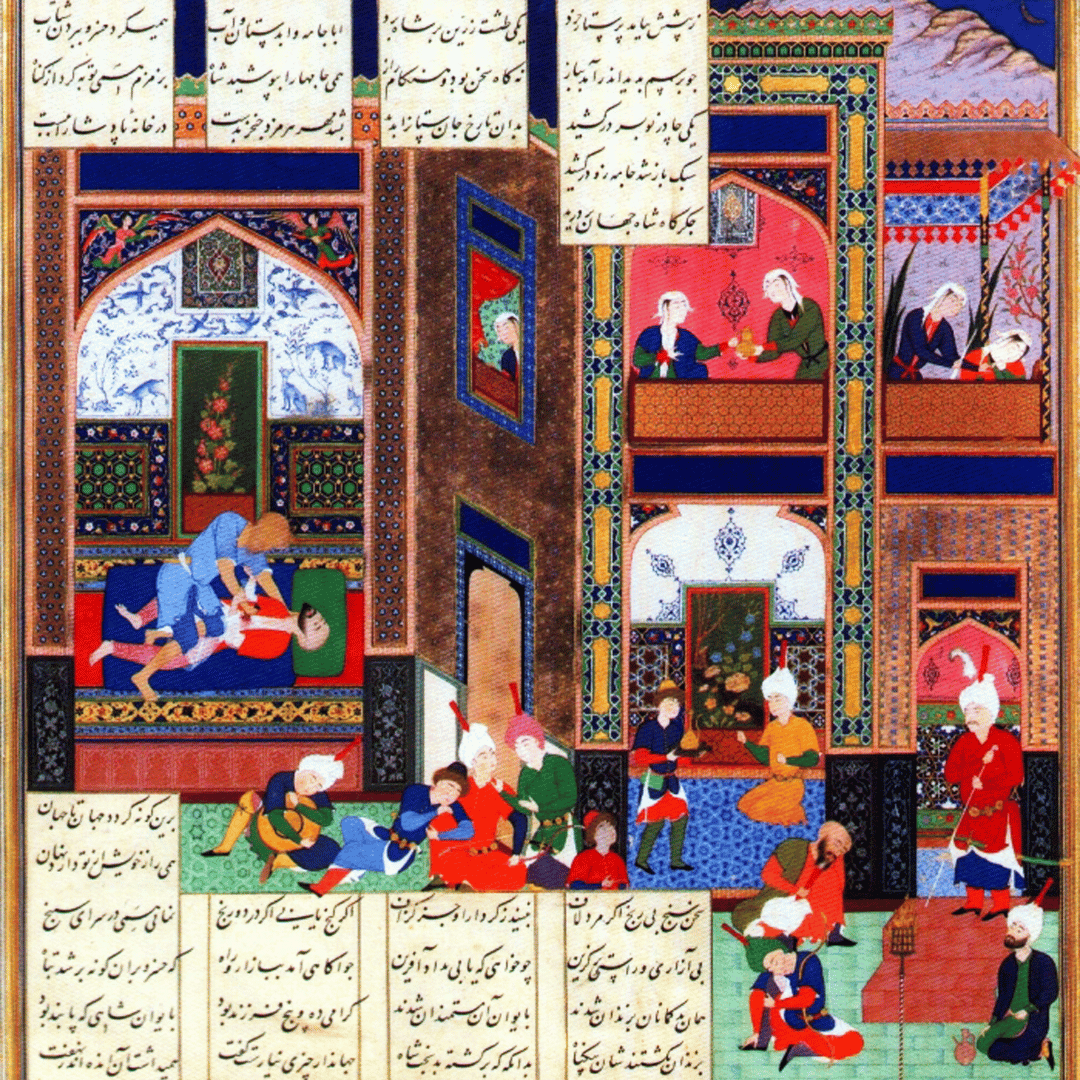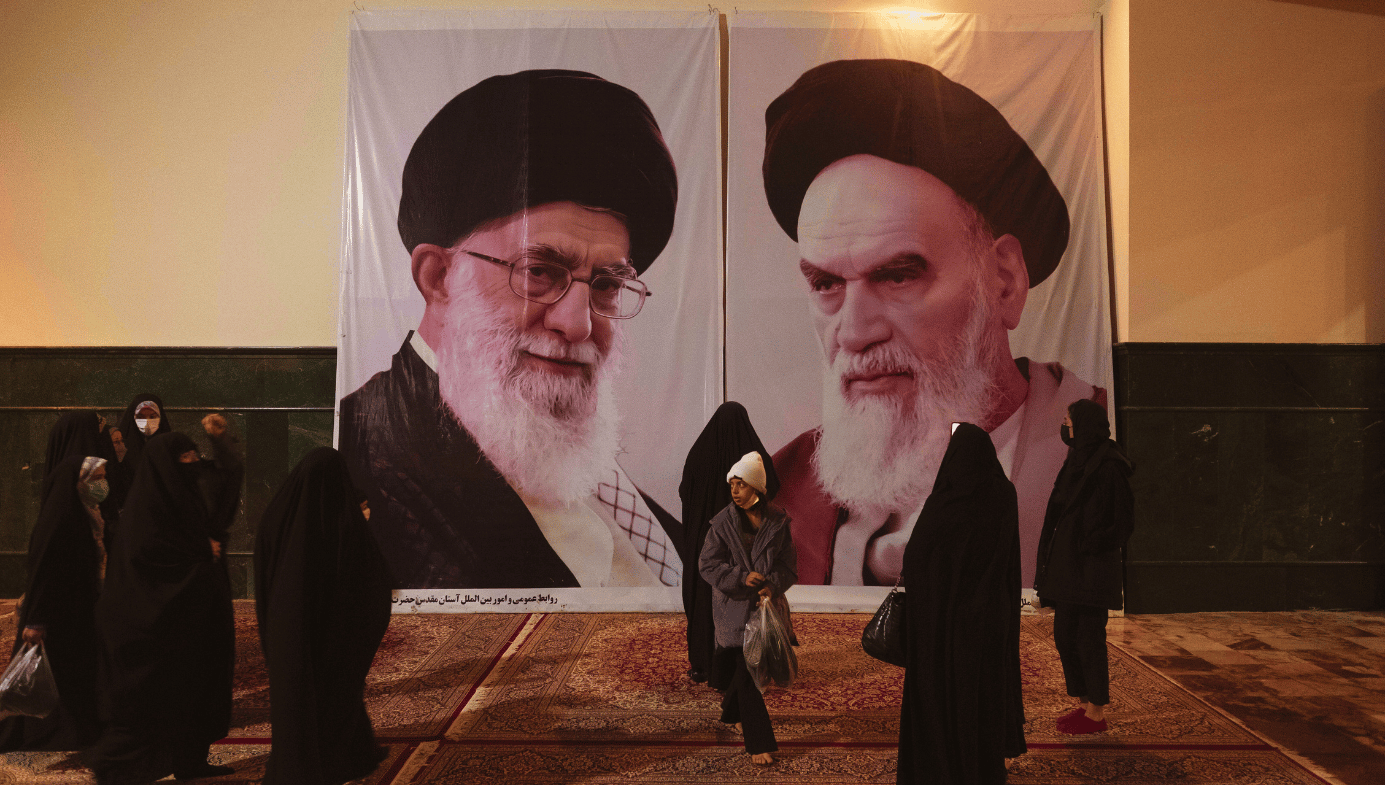Israel
Shadow Boxing: The Conflict Between Iran and Israel
The mini-war between Israel and Iran’s proxies has gradually begun to approach open Israeli-Iranian conflict, and the threat of an all-out, full-scale war is now palpable.

In around 538 BCE, the Persian king Cyrus the Great, who had just conquered Babylon (Mesopotamia), allowed the Jews to return to their homeland, the Land of Israel, and rebuild their temple in Jerusalem. Forty-eight years earlier, the Babylonians had conquered Jerusalem, destroyed the temple, and exiled many of the Jewish elite to Babylon. In 520–515 BCE, Darius I, Cyrus II’s son, promoted the completion of the temple, siphoning off taxes farmed in Syria for this purpose. This is how the Old Testament describes the relationship between Persia and the Jews some 2,500 years ago.

Today Iran, as Persia has been called since 1935, is orchestrating the ongoing region-wide assault on Israel, whose ultimate aim is the country’s total destruction. Israelis regard Iran as the head of an octopus whose tentacles—Hamas, Hezbollah, the Houthi rebels of Yemen, and Islamist militias in Syria and Iraq—are trying to squeeze the life out of the Jewish state through an open-ended war of attrition.
So, what changed? The short answer is Islam, which was imposed on Iran during the 7th-century Arab conquest of the country. In the Middle Ages, local Iranian Muslim dynasties replaced the ruling Arab outsiders, but Islam—with a strong antisemitic theological strain at its core—remained the religion of almost all Persians.

The 1979 revolution in Tehran entrenched fundamentalist Islam as the governing ideology of the country, which was renamed the “Islamic Republic of Iran,” with Ayatollah Ruhollah Khomeini as its “supreme leader.” Khomeini was a vicious antisemite and made the destruction of Israel one of the regime’s main foreign policy goals. It has remained a major regime objective under Khomeini’s successor, supreme leader Ali Khamenei.

In September 2015, Khamenei declared: “As long as the stinking wound and infected gland called the Israeli government [i.e., Israel] is in the heart of the Islamic territories, we cannot feel we have won.” Khamenei was echoing what Ali Akbar Hashemi Rafsanjani, Iran’s president from 1989–1997—the second most important man in the Islamic Republic—had said a few years earlier: “Israel is a malignant cancer gland that needs to be uprooted.” On 14 December 2001, at Tehran University, Rafsanjani also said that “the use of even one nuclear bomb inside Israel will destroy everything”—i.e. Israel can easily be eradicated through a single nuclear strike.
One of Rafsanjani’s successors, Mahmoud Ahmadinejad, president from 2005–2013, echoed this sentiment: “Israel should be wiped off the map.”
This hasn’t always been modern Iran’s attitude toward Israel.





